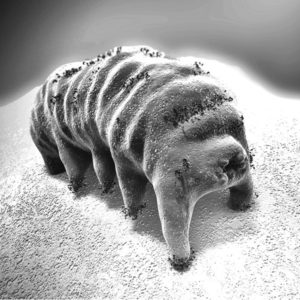 Several weeks ago, I came across an article on ScienceNews.org about how Wikipedia is becoming a scientific resource, whether we like it or not. Scientists are reading Wikipedia, the article said, and it’s affecting how they write. The article cited a study by researchers from MIT and Pitt that found statistical evidence of language in peer-reviewed articles being influenced by Wikipedia articles relevant to the topic. They concluded that journal articles referenced in Wikipedia are subsequently cited more than other similar articles, and that on a semantic level, Wikipedia is influencing the language of scientific journal articles at an astounding rate.
Several weeks ago, I came across an article on ScienceNews.org about how Wikipedia is becoming a scientific resource, whether we like it or not. Scientists are reading Wikipedia, the article said, and it’s affecting how they write. The article cited a study by researchers from MIT and Pitt that found statistical evidence of language in peer-reviewed articles being influenced by Wikipedia articles relevant to the topic. They concluded that journal articles referenced in Wikipedia are subsequently cited more than other similar articles, and that on a semantic level, Wikipedia is influencing the language of scientific journal articles at an astounding rate.
I was intrigued by the idea that reading Wikipedia affects how we later write about a subject. When I start writing about a new topic, the first thing I do is head to Wikipedia to gather a basic understanding before I dive into journal articles. I’ll skim through the overview and most relevant subsections, then check out the references to see what I should continue reading. However, the findings of the study imply that even though I don’t directly use information or language from Wikipedia in my work, it’s still subtly influencing how I write. Continue reading “The Free Scientific Resource: Evaluating the Accuracy of Wikipedia”
Like this:
Like Loading...

 Several weeks ago, I came across an article on ScienceNews.org about how Wikipedia is becoming a scientific resource, whether we like it or not. Scientists are reading Wikipedia, the article said, and it’s affecting how they write. The article cited
Several weeks ago, I came across an article on ScienceNews.org about how Wikipedia is becoming a scientific resource, whether we like it or not. Scientists are reading Wikipedia, the article said, and it’s affecting how they write. The article cited 